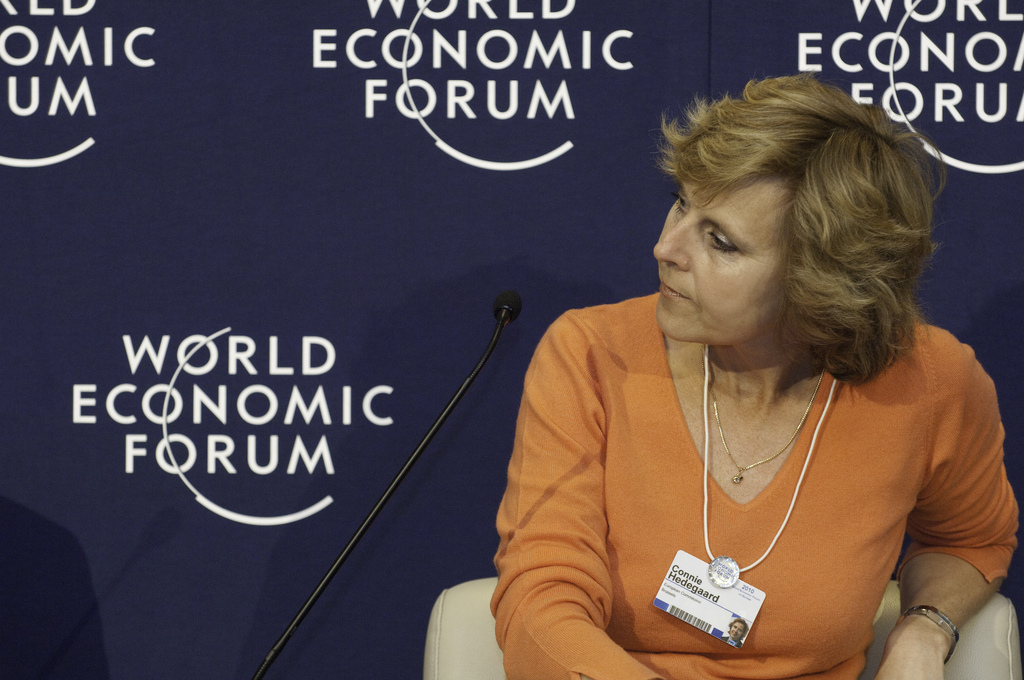EU announces overhaul of CDM
ECCP European Commissioner Hedegaard announced that her department will revise current CDM criteria.
 On Wednesday, 26th August, Connie Hedegaard, European Commissioner for the UN European Climate Change Programme (ECCP) admitted that the Clean Development Mechanism (CDM) needed a “major overhaul” with regards to application requirements. The changes will impact clean energy businesses in developing nations.
On Wednesday, 26th August, Connie Hedegaard, European Commissioner for the UN European Climate Change Programme (ECCP) admitted that the Clean Development Mechanism (CDM) needed a “major overhaul” with regards to application requirements. The changes will impact clean energy businesses in developing nations.
"The Clean Development Mechanism has been successful in some aspects but has also given rise to criticism, e.g. with regard to environmental integrity," said Ms. Hedegaard.
Activists and researchers have criticized the CDM, claiming that it does not effectively cut emissions, as it funds ‘cleaner’ coal emissions, and in some cases may be abused to overproduce emissions in exchange for credit.
The CDM was the key achievement of the Kyoto Protocol, established with the goal of reducing global carbon emissions. The protocol mandated that industrialized nations submit targets for reducing emissions was ratified or considered by every country in the world except the US. The CDM created a global carbon emissions market whereby carbon-reducing industries could sell valuable credits to carbon producing industries and government within industries looking to meet their proposed emissions targets.
A report from the German activist group CDM Watch, entitled HFC-23 Offsets in The Context of the EU Emissions Trading Scheme, stated that CDM funded refrigerant companies were overproducing refrigerant which has a potent carbon byproduct (HFC-23). Plants were being deliberately miss-run in order to produce and destroy a greater amount of HFC-23, and profit from increased revenues. The group submitted a request to the UN CDM executive board in early 2010 asking it to redress funding misuse.
The group advised the CDM methodology panel to remove the perverse incentives for plant operators to artificially increase their production and carbon emission levels. They recommended that the price of CERs be linked to the actual cost of the CDM projects
As a result of these critiques, the UN CDM executive board has recently been examining and revoking funding from the emissions-reduced refrigerant manufacturers. Last month, the board denied funding to an Indian supercritical coal plant which had failed to meet the requirement of additionality, or that the business would not have reduced carbon emissions without funding. It has already denied funding requests from five Chinese wind power manufacturers, although they had revised and resubmitted their applications several times.
Additional arguments have been made that CDM credits are less effective than a cap and trade system, where reductions are required in total emissions per country rather than as a measure of carbon-reduction credits.
Ms. Hildegaard stated that she had asked her services to prepare a proposal for the revised CDM to present to the assembly of the UNFCCC when the CDM of the Kyoto protocol expires in 2012.
Author: Cristina Brooks | Climate Action
Image: World Economic Forum | Flickr






